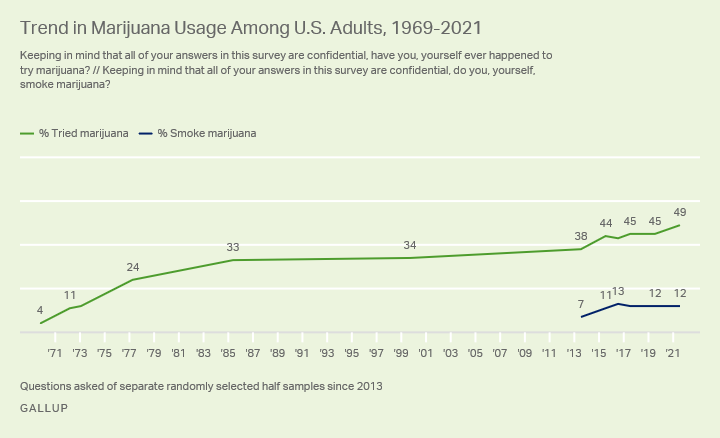
Cannabis Study Shows Occasional Use Does Not Cause Lung Damage

A study, carried out by the Coronary Artery Risk Development in Young Adults (CARDIA), examined both the short- and long-term effects of cannabis on lung function.
The relationship between cannabis and lung function has been a subject of heated debate for decades. Many are aware of the harm that smoking tobacco causes to the lungs. If anything, the image of what the lungs of a smoker look like is etched in the minds of many. When it comes to smoking cannabis, obvious deductions are often made. Is there any science to back this?
Tobacco smoking has been linked to chronic obstructive pulmonary disease (COPD). [1] It is also the leading cause of preventable death in the U.S. [2,3] While cannabis smoke contains similar combustion products, it is unclear whether cannabis causes an equivalent level of destruction to the lungs.
Some studies have shown that cannabis smoke causes inflammation of the airway mucosa and triggers pulmonary symptoms such as coughing, increased phlegm production, and wheezing. [4-6] However, there are no studies that have demonstrated a decline in pulmonary function. [7]
As the legalization wave continues to sweep through the U.S, increasingly more people are smoking cannabis. Any adverse long-term effects of cannabis on the lungs is a public health issue that requires immediate attention.
A study, carried out by the Coronary Artery Risk Development in Young Adults (CARDIA), sought to understand both the short- and long-term effects of cannabis on lung function. [8] This was compared to data collected from tobacco smokers.













